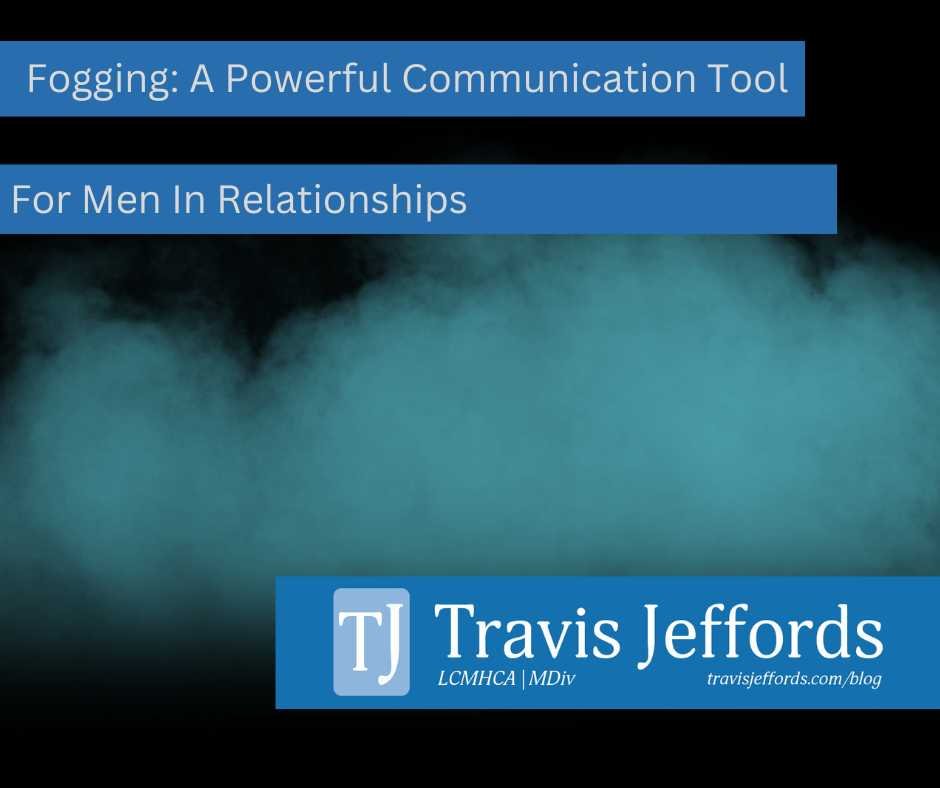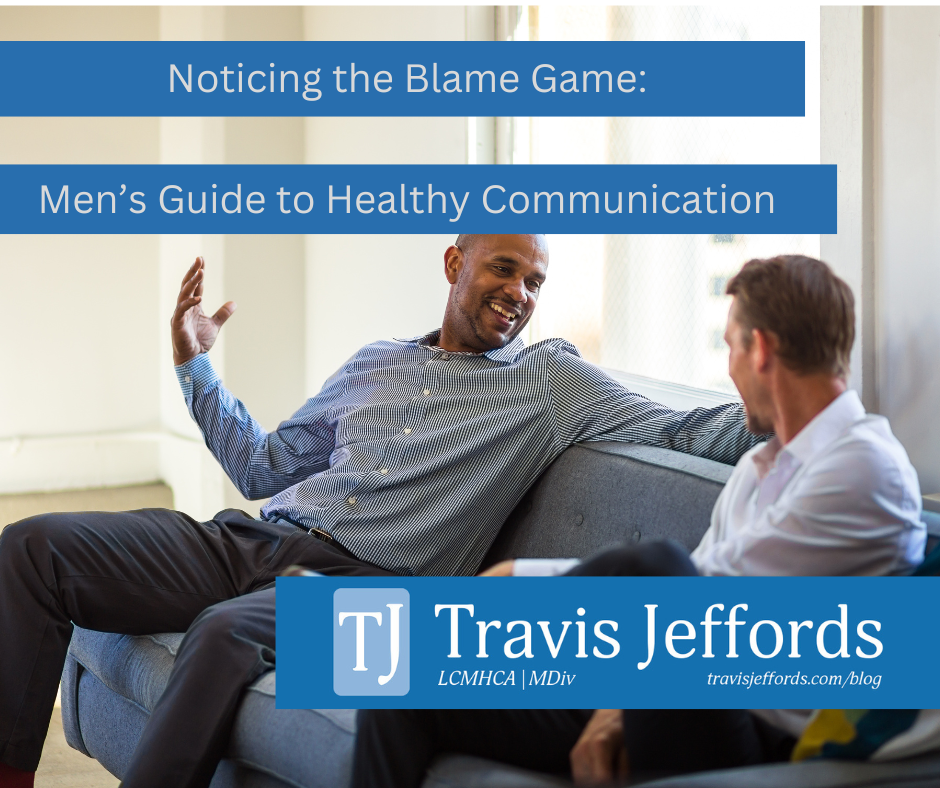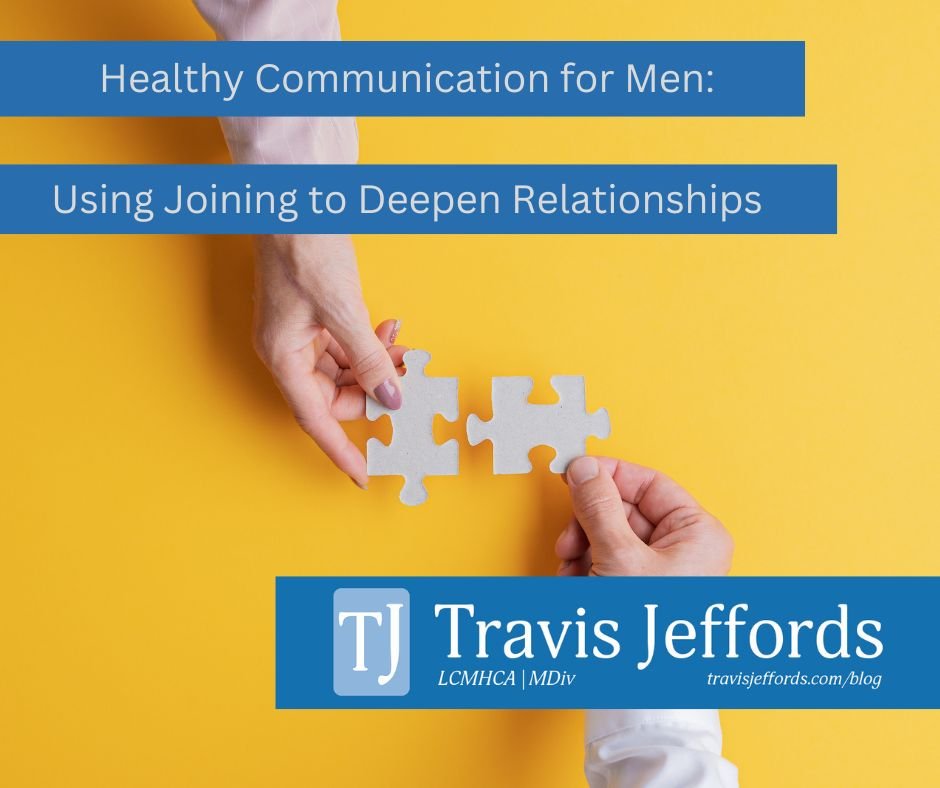Healthier Relationships: Sometimes Cutting Your Own Leg Off Is a Good Thing
17th century composer Jean-Baptiste Lully died a painful, tragic, and ultimately completely preventable death in 1687.
Back in the day (wayyyyyy back in the day), composers conducted their own music. Instead of using a baton, Lully conducted using a large wooden staff he would pound on the ground to keep the beat. Pretty punk if you ask me.
One infamous night, Lully missed the ground completely and stabbed his own foot with the staff. The wound soon developed gangrene and spread throughout his leg.
Doctors gave him a painful, but straightforward choice: amputate your leg, or die.
Lully chose the latter.
He did not amputate his leg. The gangrene spread. Lully died a preventable death that is still talked about today in classical music circles. As a male counselor in Greensboro and Winston-Salem North Carolina that works with couples, I have heard of plenty of couples who live out a tragically preventable pattern just like Jean-Baptiste Lully.
Let me explain:
Choosing to amputate a leg is painful. But, it could have saved Lully’s life. Too many couples avoid difficult but necessary conversations for years because they can’t handle feeling temporarily uncomfortable.
I get it. It is uncomfortable to have difficult conversations. It can be tense. It can make your heart pound just thinking about it.
But just like ignoring the gangrene didn’t make it go away, ignoring issues in relationships because we don’t want to feel uncomfortable does not lead to change - either for ourselves or for the relationship.
And on the other side of difficult conversations is life.
Wishing you the best on your mental health journey.
Hi, I’m Travis.
My clients describe me as calm, compassionate, and curious…
You have these qualities inside you at your core too. You just need a little help uncovering them.
Travis Jeffords - LCMHCA | MDiv. | Male Counselor
In-person counselor: Greensboro & Winston-Salem
Virtual counselor: North Carolina
Licensed Counselor
Please note: The information provided in this blog is for general informational purposes only and is not a substitute for professional counseling or therapy. The content presented here is based on my professional knowledge, personal experiences and research, but it should not be considered as a replacement for individualized mental health advice.
Every individual is unique, and the content provided may not be applicable to everyone's specific circumstances. It is important to consult with a licensed mental health professional regarding your specific concerns and to receive personalized guidance tailored to your needs.












